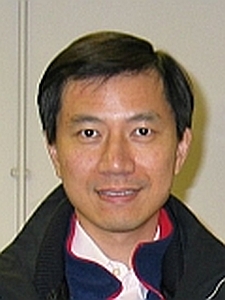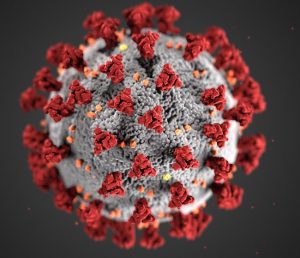The publisher Frontiers has published an expression of concern for an article that proposed “ivermectin protects against COVID-19” via effects on the microbiome.
The article, “Microbiome-Based Hypothesis on Ivermectin’s Mechanism in COVID-19: Ivermectin Feeds Bifidobacteria to Boost Immunity,” was published in July 2022 in Frontiers in Microbiology. The sole author, Sabine Hazan, is affiliated with ProgenaBiome, a company based in Ventura, Calif. that “spearheads the movement of validating, verifying, and clinically applying its sequencing data, to better understand the microbiome.”
The abstract of the article stated:
Continue reading Publisher investigating “serious concerns” about article on ivermectin, COVID, and the microbiome








